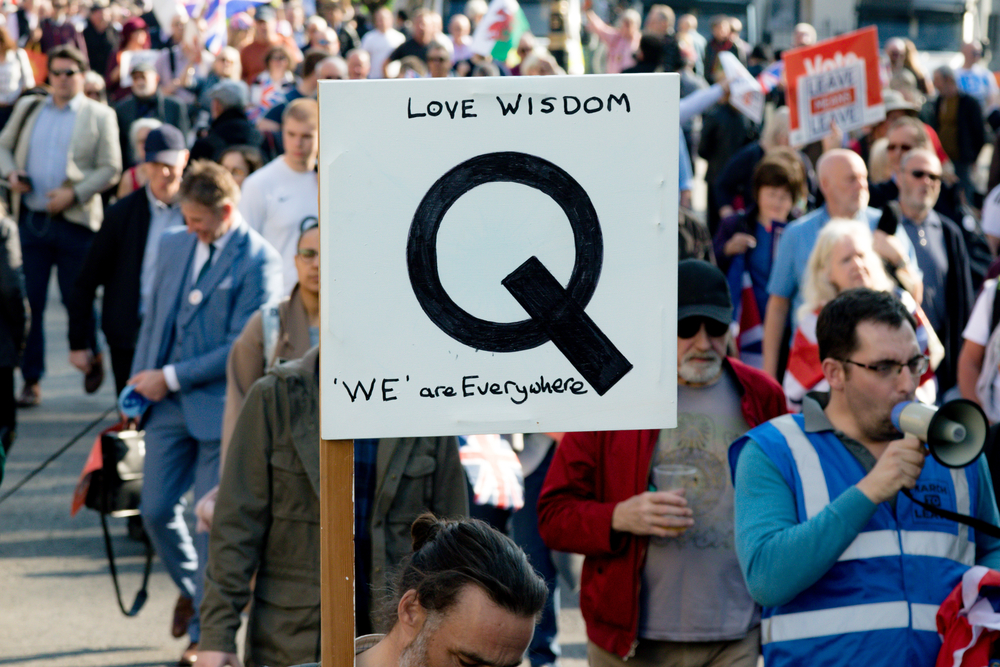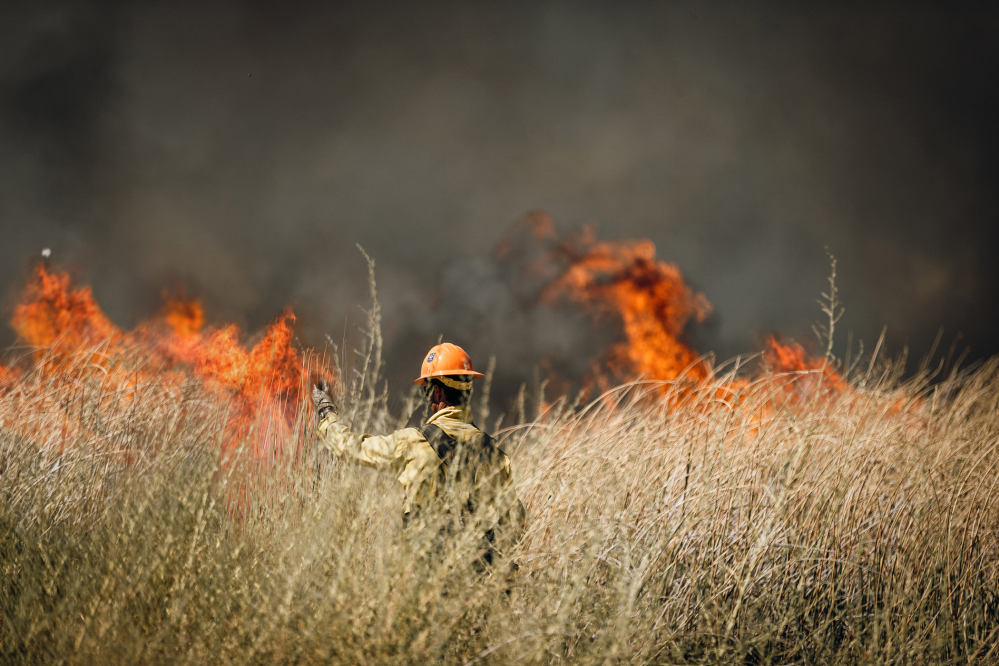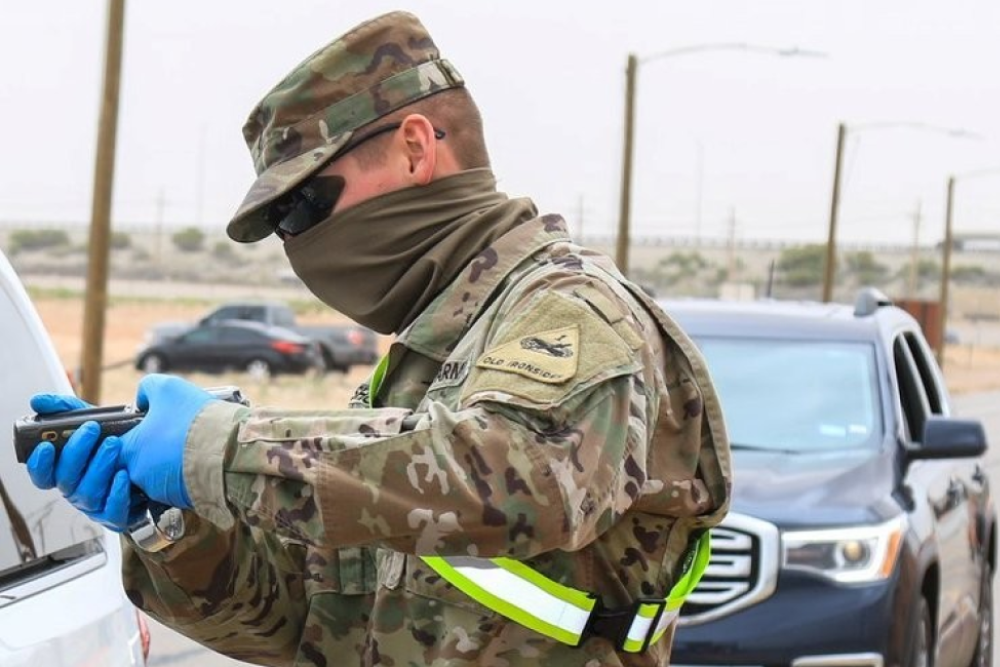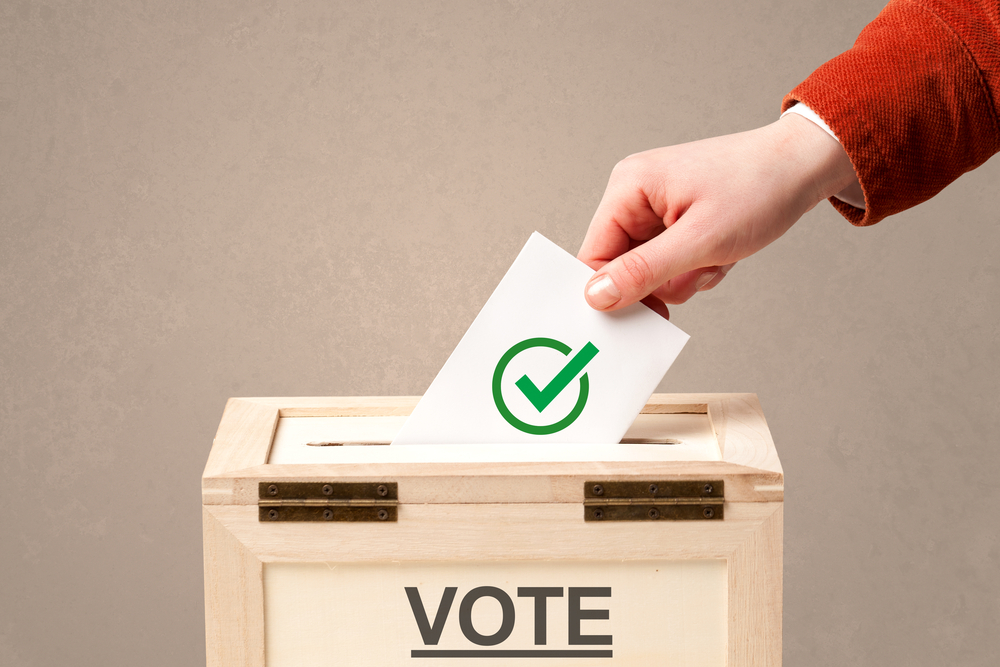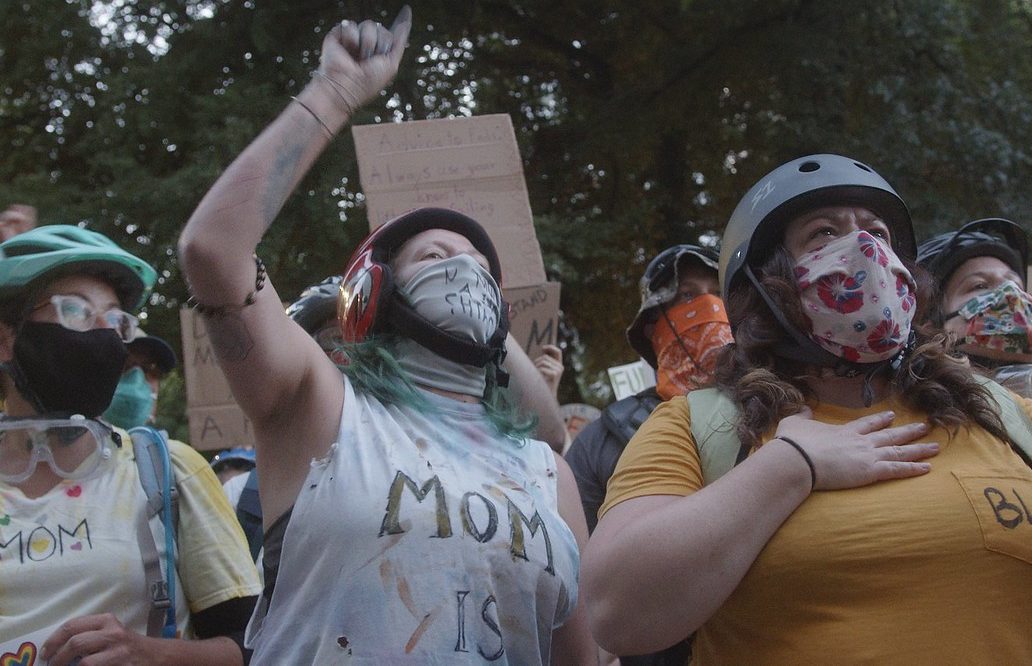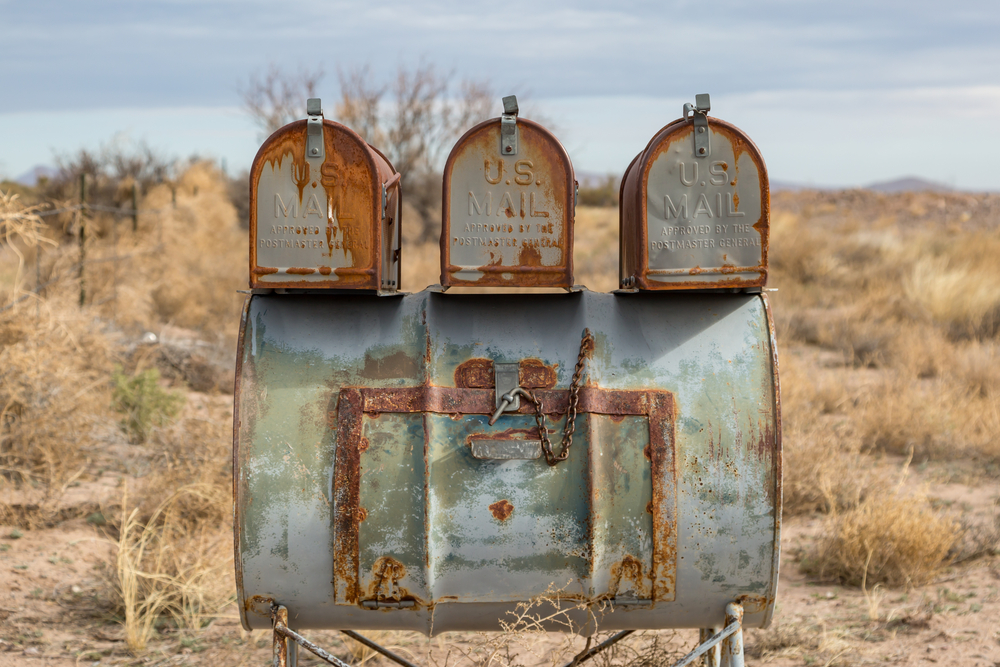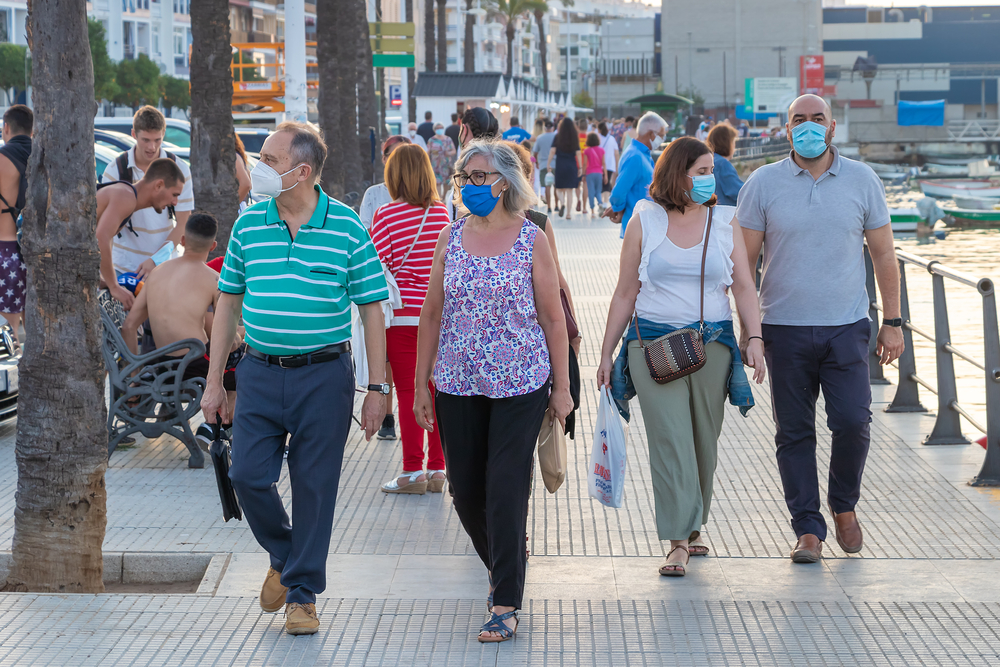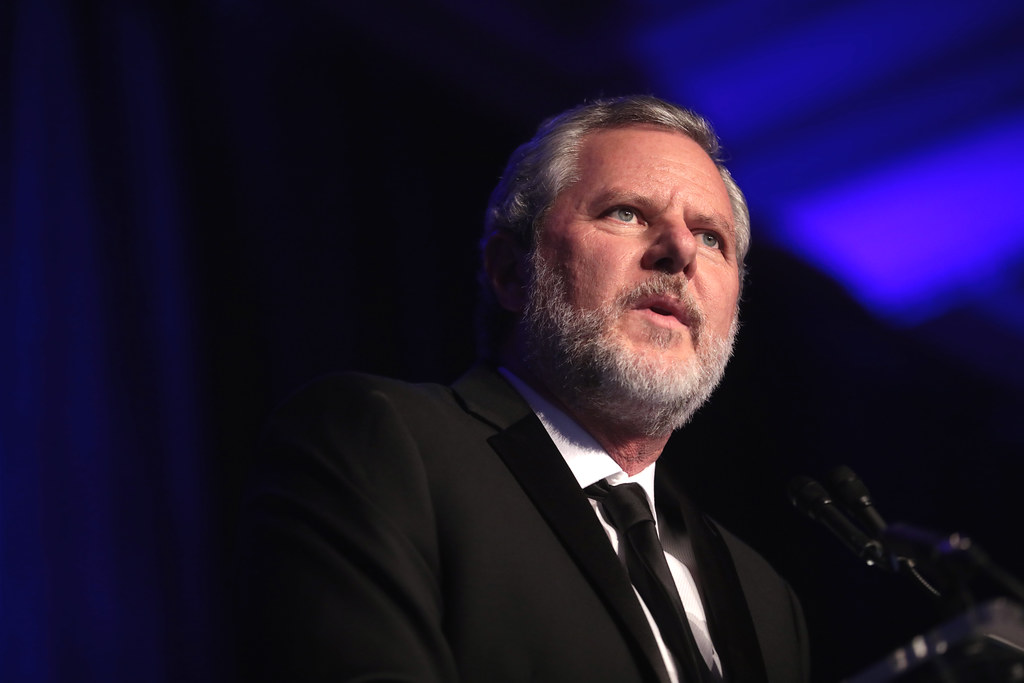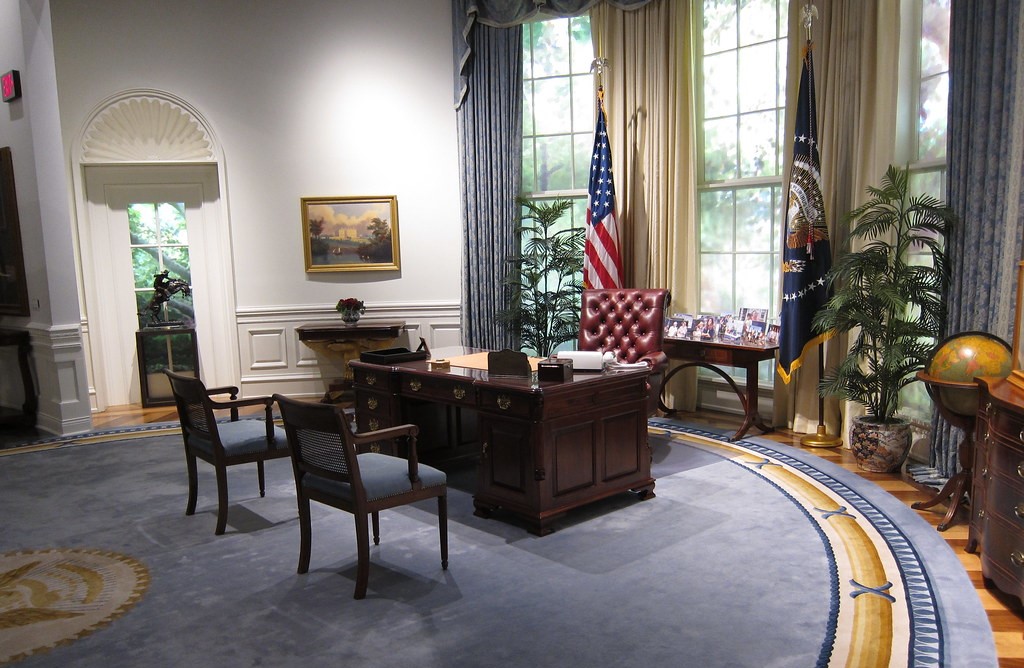Once again, the world is on fire. Every day seems to bring a new catastrophe, another phase of a slowly unfolding apocalypse. We naturally intuit that spontaneous combustion is impossible, so a sinister individual (or a sinister group of individuals) must be responsible for the presence of evil in the world. Some speculate that the most recent bout of wildfires in California were ignited by a giant laser (though no one can agree on who fired the lasers in the first place), while others across the globe set 5G towers ablaze out of fear that this frightening new technology was created by a malevolent organization to hasten the spread of coronavirus. Events as disparate as the recent explosion in Beirut to the rise in income inequality have been subsumed into a vast web of conspiracy and intrigue. Conspiracy theorists see themselves as crusaders against the arsonists at the very pinnacle of society, and are taking to internet forums to demand retribution for perceived wrongs.
The conspiracy theorists’ framework for making sense of the world is a dangerously attractive one. Despite mainstream disdain for nutjobs in tinfoil hats, conspiracy theories (and those who unravel them) have been glamorized in pop culture through films like The Matrix and The Da Vinci Code, both of which involve a single individual unraveling the lies perpetuated by a malevolent but often invisible cadre of villains. Real-life conspiracy theorists also model themselves after the archetypal detective of popular crime fiction. This character possesses authority to sort truth from untruth, often in the face of hostility or danger, and acts as an agent for the common good.
But in many ways, the conspiracy theorist is the inverse of the detective; the latter operates within the system of legality, often working directly for the powers-that-be, which requires an implicit trust in authority. They usually hunt down someone who has broken the law, and who is therefore on the fringes of the system. Furthermore, the detective gathers empirical evidence which forms the justification for their pursuit. The conspiracy theorist, on the other hand, is on the outside looking in, and displays a consistent mistrust of both the state and the press as sources of truth. Though conspiracy theorists ostensibly obsess over paper trails and blurry photographs, their evidence (which is almost always misconstrued or fabricated) doesn’t matter nearly as much as the conclusion. As Michael Barkun explains in A Culture of Conspiracy: Apocalyptic Visions in Contemporary America,
the more sweeping a conspiracy theory’s claims, the less relevant evidence becomes …. This paradox occurs because conspiracy theories are at their heart nonfalsifiable. No matter how much evidence their adherents accumulate, belief in a conspiracy theory ultimately becomes a matter of faith rather than proof.
In that sense, most conspiracy theorists are less concerned with uncovering the truth than confirming what they already believe. This is supported by a 2016 study, which identifies partisanship as an crucial factor in measuring how likely someone is to buy into conspiracy theories. The researchers determined that “political socialization and psychological traits are likely the most important influences” on whether or not someone will find themselves watching documentaries on ancient aliens or writing lengthy Facebook posts about lizard people masquerading as world leaders. For example, “Republicans are the most likely to believe in the media conspiracy followed by Independents and Democrats. This is because Republicans have for decades been told by their elites that the media are biased and potentially corrupt.” The study concludes that people from both ends of the political spectrum can be predisposed to see a conspiracy where there isn’t one, but partisanship is ultimately the more important predictor whether a person will believe a specific theory than any other factor. In other words, Democrats rarely buy into conspiracy theories about their own party, and vice versa with Republicans. The enemy is never one of us.
It’s no wonder the tinfoil-hat mindset is so addictive. It’s like being in a hall of mirrors, where all you can see is your own flattering image repeated endlessly. Michael J. Wood suggests in another 2016 study that “people who are aware of past malfeasance by powerful actors in society might extrapolate from known abuses of power to more speculative ones,” or that “people with more conspiracist world views might be more likely to seek out information on criminal acts carried out by officials in the past, while those with less conspiracist world views might ignore or reject such information.” It’s a self-fulfilling prophecy, fed by a sense of predetermined mistrust that is only confirmed by every photoshopped UFO. Conspiracy theories can be easily adapted to suit our own personal needs, which further fuels the narcissism. As one recent study on a conspiracy theory involving Bill Gates, coronavirus, and satanic cults points out,
there’s never just one version of a conspiracy theory — and that’s part of their power and reach. Often, there are as many variants on a given conspiracy theory as there are theorists, if not more. Each individual can shape and reshape whatever version of the theory they choose to believe, incorporating some narrative elements and rejecting others.
This mutable quality makes conspiracy theories personal, as easily integratable into our sense of self as any hobby or lifestyle choice. Even worse, the very nature of social media amplifies the potency of conspiracy theories. The study explains that
where conspiracists are the most engaged users on a given niche topic or search term, they both generate content and effectively train recommendation algorithms to recommend the conspiracy theory to other users. This means that, when there’s a rush of interest, as precipitated in this case by the Covid-19 crisis, large numbers of users may be driven towards pre-existing conspiratorial content and narratives.
The more people fear something, the more likely an algorithm will be to offer them palliative conspiracy theories, and the echo chamber grows even more.
Both of the studies previously mentioned suggest that there is a predisposition to believe in conspiracy theories that transcends political alliance, but where does that predisposition come from? It seems most likely that conspiracy beliefs are driven by anxiety, paranoia, feelings of powerlessness, and a desire for authority. A desire for authority is especially evident at gatherings of flat-earthers, a group that consistently mimics the tone and language academic conferences. Conspiracies rely on what Barkun called “stigmatized knowledge,” or “claims to truth that the claimants regard as verified despite the marginalization of those claims by the institutions that conventionally distinguish between knowledge and error — universities, communities of scientific researchers, and the like.” People feel cut off from the traditional locus of knowledge, so they create their own alternative epistemology, which restores their sense of authority and control.
Conspiracy theories are also rooted in a basic desire for narrative structure. Faced with a bewildering deluge of competing and fragmentary narratives, conspiracy theories cobble together half-truths and outright lies into a story that is more coherent and exciting than reality. The conspiracy theories that attempt to explain coronavirus provide a good example of this process. The first stirrings of the virus began in the winter of 2019, then rapidly accelerated without warning and altered the global landscape seemingly overnight. Our healthcare system and government failed to respond with any measure of success, and hundreds of thousands of Americans died over the span of a few months. The reality of the situation flies in the face of narrative structure — the familiar rhythm of rising action-climax-falling action, the cast of identifiable good guys and bad guys, the ultimate moral victory that redeems needless suffering by giving it purpose. In the dearth of narrative structure, theorists suggest that Bill Gates planned the virus decades ago, citing his charity work as an elaborate cover-up for nefarious misdeeds. The system itself isn’t broken or unequipped to handle the pandemic because of austerity. Rather, it was the result of a single bad actor.
Terrible events are no longer random, but imbued with moral and narrative significance. Michael Barkun argues that this is a comfort, but also a factor that further drives conspiracy theories:
the conspiracy theorist’s view is both frightening and reassuring. It is frightening because it magnifies the power of evil, leading in some cases to an outright dualism in which light and darkness struggle for cosmic supremacy. At the same time, however, it is reassuring, for it promises a world that is meaningful rather than arbitrary. Not only are events nonrandom, but the clear identification of evil gives the conspiracist a definable enemy against which to struggle, endowing life with purpose.
A group of outsiders (wealthy Jewish people, the “liberal elite,” the immigrant) are Othered within the discourse of theorists, rendered as villains capable of superhuman feats. The QAnon theory in particular feels more like the Marvel cinematic universe than a coherent ideology, with its bloated cast of heroes teaming up for an Avengers-style takedown of the bad guys. Some of our best impulses — our love of storytelling, a desire to see through the lies of the powerful — are twisted and made ugly in the world of online conspiracy forums.
The prominence of conspiracy theories in political discourse must be addressed. Over 70 self-professed Q supporters have run for Congress as Republicans in the past year, and as Kaitlyn Tiffany points out in an article for The Atlantic, the QAnon movement is becoming gradually more mainstream, borrowing aesthetics from the lifestyle movement and makeup tutorials make itself more palatable. “Its supporters are so enthusiastic, and so active online, that their participation levels resemble stan Twitter more than they do any typical political movement. QAnon has its own merch, its own microcelebrities, and a spirit of digital evangelism that requires constant posting.” Perhaps the most frightening part of this problem is the impossibility of fully addressing it, because conspiracy theorists are notoriously difficult to hold a good-faith dialogue with. Sartre’s description of anti-Semites written in the 1940s (not coincidentally, the majority of contemporary conspiracy theories are deeply anti-Semitic) is relevant here. He wrote that anti-Semites (and today, conspiracy theorists)
know that their statements are empty and contestable; but it amuses them to make such statements: it is their adversary whose duty it is to choose his words seriously because he believes in words. They have a right to play. They even like to play with speech because by putting forth ridiculous reasons, they discredit the seriousness of their interlocutor; they are enchanted with their unfairness because for them it is not a question of persuading by good arguing but of intimidating or disorienting.
This quote raises the frightening possibility that not all conspiracy theorists truly believe what they say, that their disinterest in evidence is less an intellectual blindspot than a source of amusement. Sartre helps us see why conspiracy theories often operate on a completely different wavelength, one that seems to preclude logic, rationality, and even the good-faith exchange of ideas between equals.
The fragmentation of postmodern culture has created an epistemic conundrum: on what basis do we understand reality? As the operations of governments become increasingly inscrutable to those without education, as the concept of truth itself seems under attack, how do we make sense of the forces that determine the contours of our lives? Furthermore, as Wood points out, mistrust in the government isn’t always baseless, so how do we determine which threats are real and which are imagined?
There aren’t simple answers to these questions. The only thing we can do is address the needs that inspire people to seek out conspiracy theories in the first place. People have always had an impulse to attack their anxieties in the form of a constructed Other, to close themselves off, to distrust difference, to force the world to conform to a single master narrative, so it’s tempting to say that there will probably never be a way to completely eradicate insidious conspiracy theories entirely. Maybe the solution is to encourage the pursuit of self-knowledge, our own biases and desires, before we pursue an understanding of forces beyond our control.

